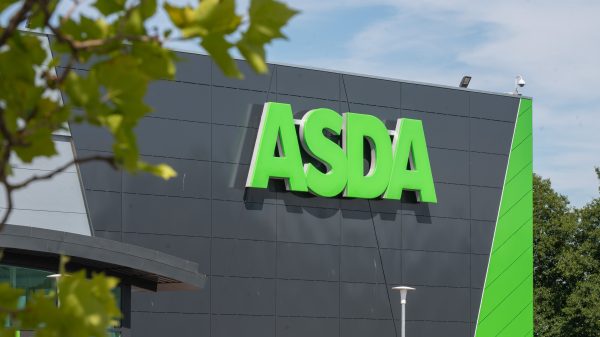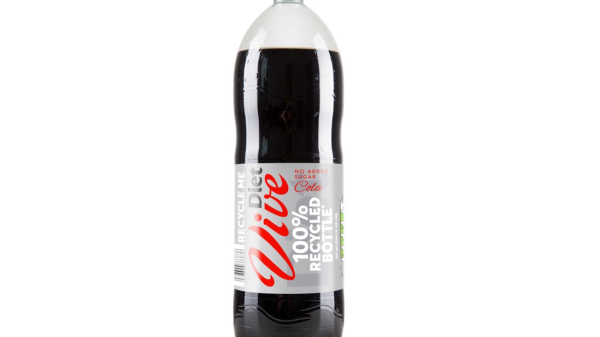As the British Retail Consortium have assured retailer commitment to mitigating prices amid record high inflation, Usdaw has urged the government to offer more support.
The responses come after the Office for National Statistics revealed that Retail Prices Index has reached 11.7% and the Consumer Price Index has peaked at 9.1% – indicating inflation has reached a 40 year high.
With food inflation hitting a CPI 8.6%, the BRC recognised that households and business would continue to feel the squeeze from rising prices – as “higher energy prices, a tight labour market and increasing transport and commodity costs filter through to consumers.”
READ MORE: Cost-of-living crisis: Asda boss calls for VAT reduction to ‘kill’ inflation
“Fierce competition for market share means that retailers will continue try to absorb as much of these costs as possible and look for cost-savings elsewhere,” BRC CEO Helen Dickinson said.










